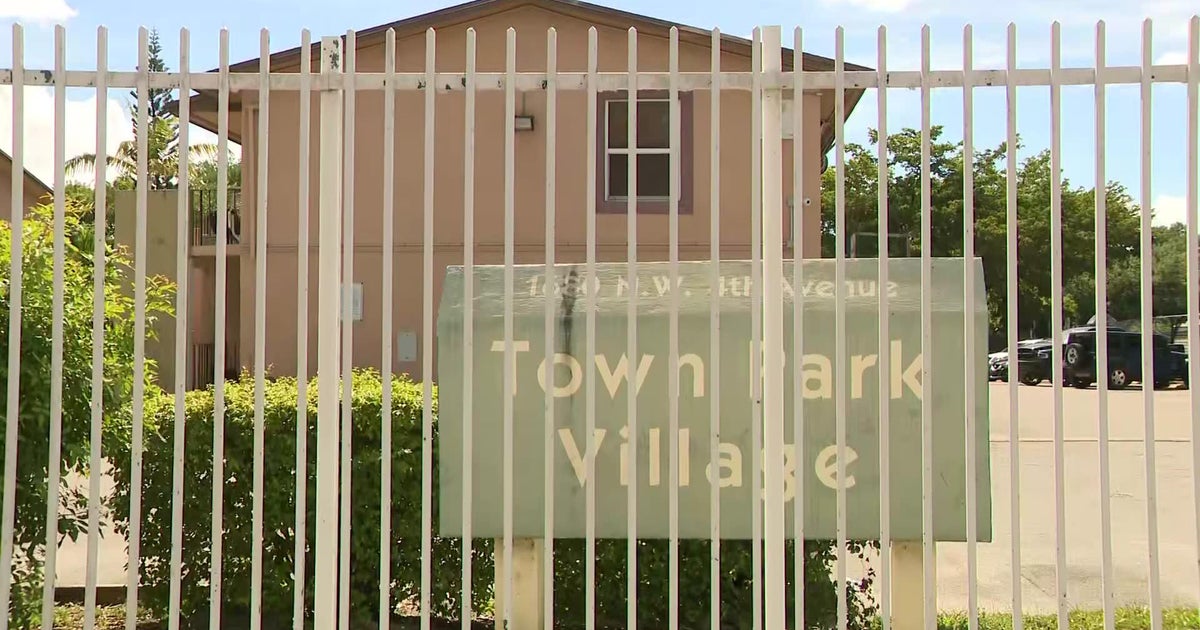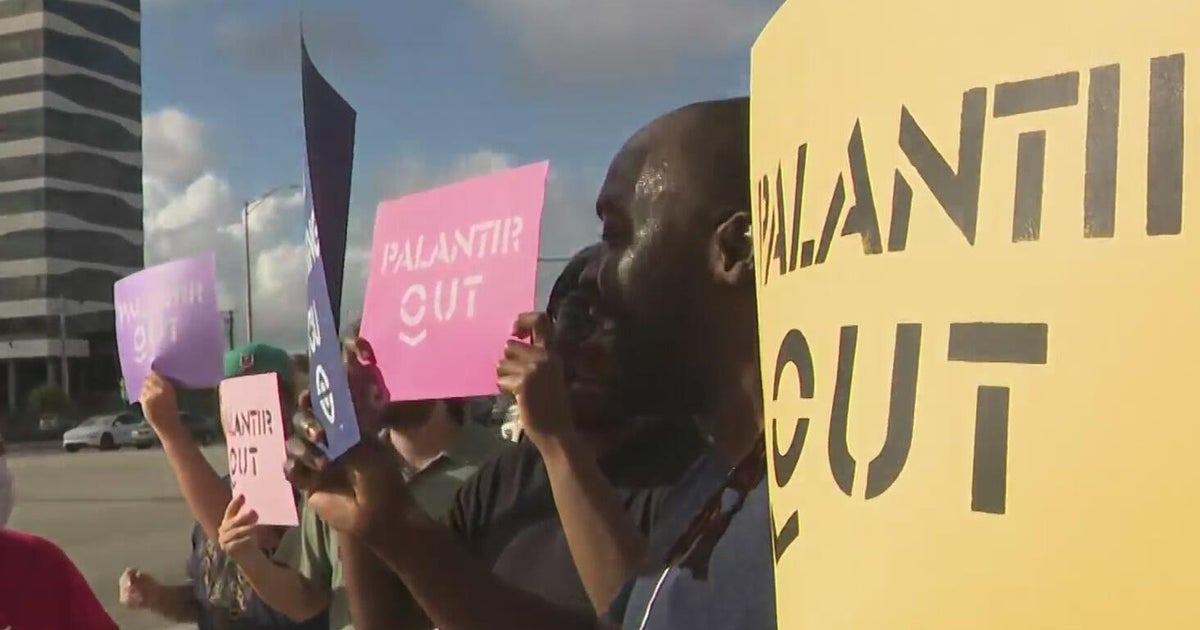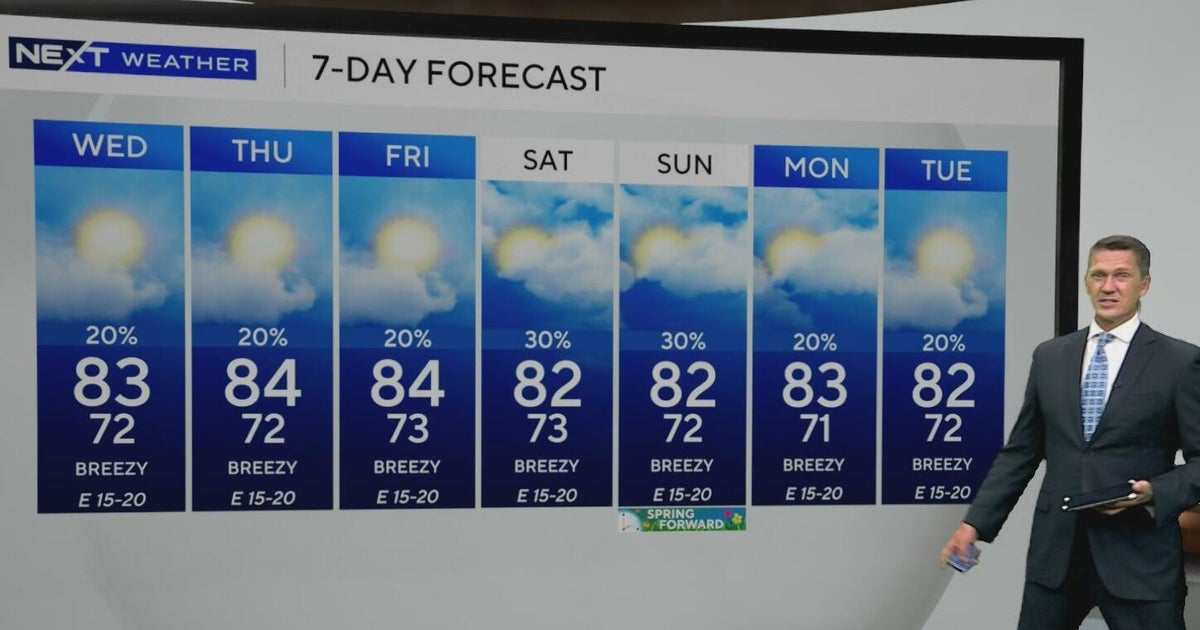Residents of Town Park Village in Overtown said they are being evicted from homes they believed they owned, raising questions about property rights, shareholding agreements and accountability in the cooperative housing community.
Eviction fight over ownership claims
Town Park Village is a cooperative that provides housing to a mix of renters and people who bought shares in the property. Some residents now claim village association leaders are unfairly stripping them of rights they believed they secured decades ago.
“It’s not even 1000 square feet, but (this unit) is mine,” said Twarla Hill, whose home of 34 years is in jeopardy.
Hill shared property records and a certificate of shares from the village that names her as the owner of her unit. However, the Miami-Dade Property Appraiser’s website lists Town Park Village as the owner.
When asked how that happened, Hill told CBS News Miami, “That’s what we’re trying to figure out.”
Court records and legal challenges
Hill is fighting eviction after the association claimed she owes more than $10,000 in unpaid rent, according to court records.
The village opened in the 1970s as a tool to help families in historic Overtown own property. Residents, expecting to own units once the property was paid off, bought shares while paying mortgage, taxes and fees.
“We had shares,” said Lillian Slater, a former board member and resident who raised her family in Town Park Village. She said her family had enough shares to own their unit. Hill believed she did too.
“I don’t know what happened,” Slater said. “Still don’t know what happened.”
Association’s position in court
CBS News Miami contacted the association president and lawyer for comment but did not receive responses to questions about Hill’s eviction or her ownership shares.
In court filings, the association’s lawyer argued that Hill has no ownership interest but instead held an expired right of occupancy under a written agreement to pay monthly rent. An eviction judge agreed, ruling that Hill’s occupant agreement was that of a landlord-tenant, according to court records.
“There has been zero accountability,” Hill’s attorney Jesse Philippe said.
Transparency disputes and missing records
Philippe said he is fighting the eviction and struggling to obtain financial records from the association.
“No one is getting receipts,” Hill said. “You’re making payments and you’ll get a three-day notice on your door saying you haven’t made a payment for three years.”
“The statute is vague on what the remedies are when this happens,” Philippe said. “That’s why we’re kind of in this civil battle going back and forth with them saying, hey, we need this information so that we can properly defend this case.”
The association wants Hill out in three days. She and her lawyer continue to fight the eviction in court.



